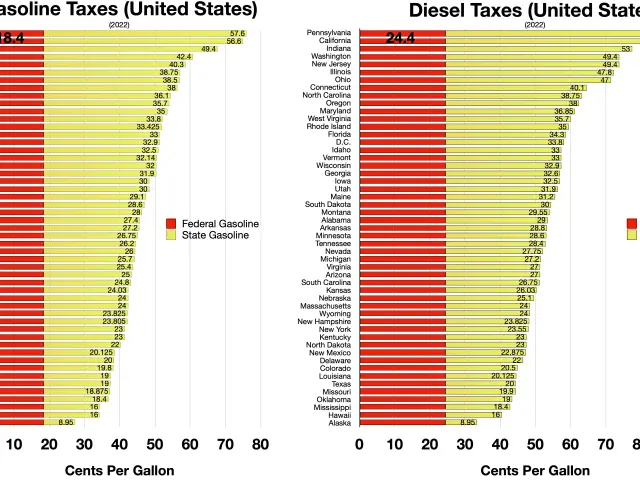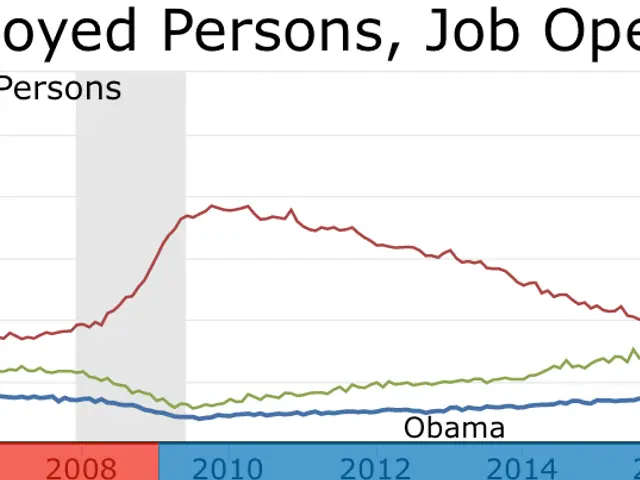EPA Warns: Outdated Coal Plants' Water Pollution Costs Exceed Savings
The Environmental Protection Agency (EPA) has revealed a concerning analysis regarding coal power plants' outdated water pollution controls. The study suggests that the long-term costs of allowing these plants to continue operating without updated controls could exceed potential savings. Meanwhile, the Trump administration has proposed delaying an EPA rule aimed at reducing coal power plant wastewater, citing a desire to lower American electric bills.
Coal plants currently discharge wastewater containing hazardous substances such as mercury, lead, cadmium, bromide, and nitrogen into drinking water sources. Among these, bromide has raised particular concern. The EPA official responsible for assessing the risk of bromide contamination in coal power plant wastewater typically comes from the Office of Water or the Office of Research and Development. Their evaluations are crucial in understanding the impact of these pollutants on public health.
The EPA's analysis indicates that the cumulative effects of these pollutants could result in significant long-term costs. These could include environmental damage, health issues, and potential legal liabilities. The agency believes that updating water pollution controls would not only mitigate these risks but also provide long-term savings.
The EPA's findings highlight the importance of addressing water pollution from coal power plants. Despite the Trump administration's proposal to delay the EPA rule, the agency maintains that updating controls is necessary to protect public health and the environment. The long-term costs of inaction, according to the EPA, could outweigh any short-term savings.








